I joined BU as a lecturer in the Faculty of Media and Communication on 1 September 2014, three months after being awarded my PhD in Media and Cultural Studies from the University of Salford.
So, as the anniversary of my appointment approaches, I consider it timely to reflect on my first year as a full-time academic. I hope that my experience will be of interest to others starting new academic roles this year, at a similar stage in their careers.
To put my experience in context, while technically an early career researcher, I’m no spring chicken! I was a very mature PhD student (even though no-one ever guesses my real age) and joined BU with baggage in tow!
The eclectic baggage I brought with me was six years’ experience as a lecturer in higher education on a part-time basis combined with a variety of other roles including journalist, research assistant, blogger, PhD student, social entrepreneur and Chief Executive of Black British Academics.
I arrived at BU with drive, motivation and ambition intact, after four years of intense doctoral study, with my carefully prepared 5-year research plan, diligently completed after receiving my PhD award, which accompanied me to my interview at BU in June 2014.
By my own observations, the first five years post PhD is make-or-break time. With aspirations to become a professor one day, performing the yearly regime of international conferences, journal articles, books, book chapters and funding bids are necessary tasks.
My primary area of research in media and communication is centred on racial constructions and representations in media and popular culture and how race shapes and influences engagement with and use of digital technologies. My PhD thesis is a study on the social, cultural and counterhegemonic practices of Black British bloggers.

A the Media and Politics Group conference
Year 1 of my 5-year research plan included developing publications from my PhD thesis. In November 2013 I had presented a paper from the chapter: Alternative Voices, Alternative Spaces, Counterhegemonic Discourse in the Blogosphere at BU for the Media and Politics Group annual conference. It won the James Thomas Memorial Prize, and is the first chapter in a new book being published with Palgrave Macmillan in September, edited by four faculty colleagues, called Media, Margins and Civic Agency.
I presented another chapter of my thesis at the Cyberspace conference in the Czech Republic in November 2014, which I recently submitted for review at Information, Communication and Society: Blogging While Black, British and Female: A Critical Study on Discursive Activism.
A third chapter: Challenging the Whiteness of Britishness: Co-Creating British Social History in the Blogosphere, was presented at the ICCMTD conference in Dubai in May, and has been accepted for publication in the Online Journal of Media and Communication Technologies for a special issue in September.
My PhD thesis now exhausted publication-wise, I am currently focusing on three strands of research: race and ethnicity in media and communication, pedagogies of social justice and cultural democracy and race equality and cultural democracy. These research interests are broadly linked to three key dimensions of my role as an academic: 1) research (extending knowledge within my discipline) 2) education (teaching), and 3)professional practice.
Cultural democracy, a recurring theme in my research, is a conceptual framework developed in the US more than a decade ago, surprisingly unfamiliar and underexplored on this side of the Atlantic. However, I plan to change that by advancing understanding through research based on its application in practice. After setting up the Cultural Democracy Network in May, shortly after being awarded a small grant from the Grants Academy to develop partnerships with UK-based institutions, I was invited to deliver a guest lecture on cultural democracy to 14 journalists at Research Fortnight’s London offices.
![DG at RG [2] 260515](http://deborahgabriel.com/wp-content/uploads/2015/08/DG-at-RG-2-260515-600x375.jpg)
At Research Fortnight
Two of my current research projects represent research papers based on consultancy projects completed this past year. The first is a journal article I am co-authoring with Prof Kevin Hylton called Culturally Democratic Voices: Enhancing Race Equality Through Minority Staff Experiences, which we plan to submit to Race, Ethnicity and Education.
The second is a co-authored paper with Aisha Richards called Social Justice Pedagogy and Cultural Democracy: Promoting Inclusion and Equality in Further and Higher Education. It has just been accepted for presentation at the IAFOR International Conference on Education taking place in Hawaii in January, and we hope it will be selected for publication in the Journal of Education.
I have a book chapter coming out in September being published by Verlag Springer called Race, Racism and Resistance In British Academia, which I presented at the Surviving in a White Institution symposium at Leeds University in May, organised by the Critical Race and Ethnicities Network.
Finally, I am co-editor of a book project with Dr Shirley Tate, an Associate Professor in sociology at Leeds University, which is a collection of autoethnographies called Hear Us: Women Academics of Colour: Surviving and Thriving in British Academia, which we plan to publish next Autumn. It is a project I developed for the Black Sister Network at Black British Academics.
It has been a busy and productive year as an early career researcher, and in terms of my plans for the year ahead, this will be focused on the completion of work in progress, developing a funding bid and turning my attention to new areas of research.
One of these areas is advertising, which will inform my teaching on the BA Advertising degree. I plan to examine issues around constructions and representations of race and gender in TV advertising, examining audience perceptions. The other new area of research which builds on my doctoral study is engagement with digital technologies among Black elders.
In terms of the 5-year research plan I started out with, I discarded it within the first three months! I prefer to work with a yearly plan as I have found that in practice, the research culture and environment is too fluid, dynamic and constantly changing to plan specific publications so far in advance.
However, it is still a useful exercise post PhD to prompt thinking about the areas of research to focus on and the types of research projects to undertake. I have a target for publications and funding bids I aim to complete by 2019 – just before REF2020, so forward planning helps to ensure I stay on track!
By Dr Deborah Gabriel, Lecturer in Politics, Media and Marketing Communications in the Faculty of Media and Communication.
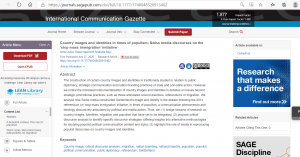





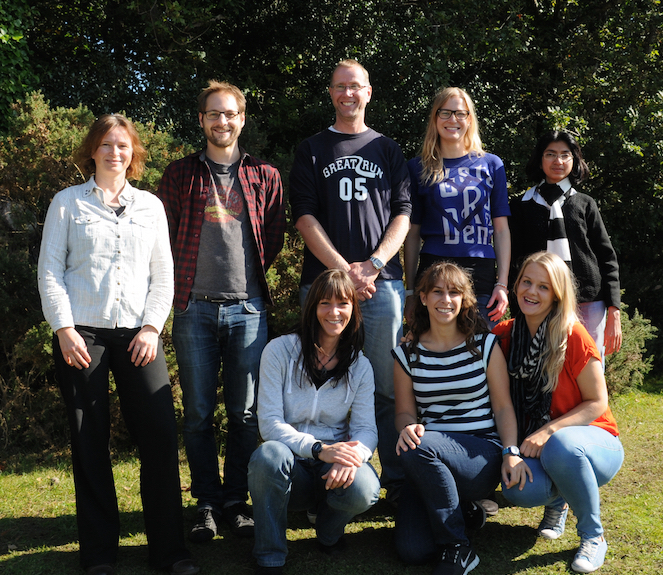



![DG at RG [2] 260515](http://deborahgabriel.com/wp-content/uploads/2015/08/DG-at-RG-2-260515-600x375.jpg)
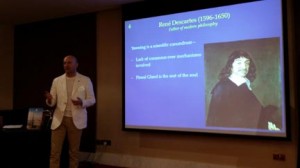

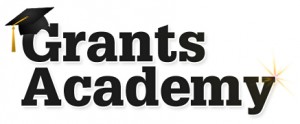


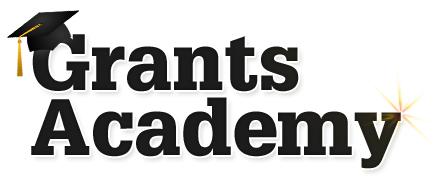














 UKCGE Recognised Research Supervision Programme: Deadline Approaching
UKCGE Recognised Research Supervision Programme: Deadline Approaching SPROUT: From Sustainable Research to Sustainable Research Lives
SPROUT: From Sustainable Research to Sustainable Research Lives BRIAN upgrade and new look
BRIAN upgrade and new look Seeing the fruits of your labour in Bangladesh
Seeing the fruits of your labour in Bangladesh Exploring Embodied Research: Body Map Storytelling Workshop & Research Seminar
Exploring Embodied Research: Body Map Storytelling Workshop & Research Seminar ECR Funding Open Call: Research Culture & Community Grant – Apply now
ECR Funding Open Call: Research Culture & Community Grant – Apply now ECR Funding Open Call: Research Culture & Community Grant – Application Deadline Friday 12 December
ECR Funding Open Call: Research Culture & Community Grant – Application Deadline Friday 12 December MSCA Postdoctoral Fellowships 2025 Call
MSCA Postdoctoral Fellowships 2025 Call ERC Advanced Grant 2025 Webinar
ERC Advanced Grant 2025 Webinar Update on UKRO services
Update on UKRO services European research project exploring use of ‘virtual twins’ to better manage metabolic associated fatty liver disease
European research project exploring use of ‘virtual twins’ to better manage metabolic associated fatty liver disease